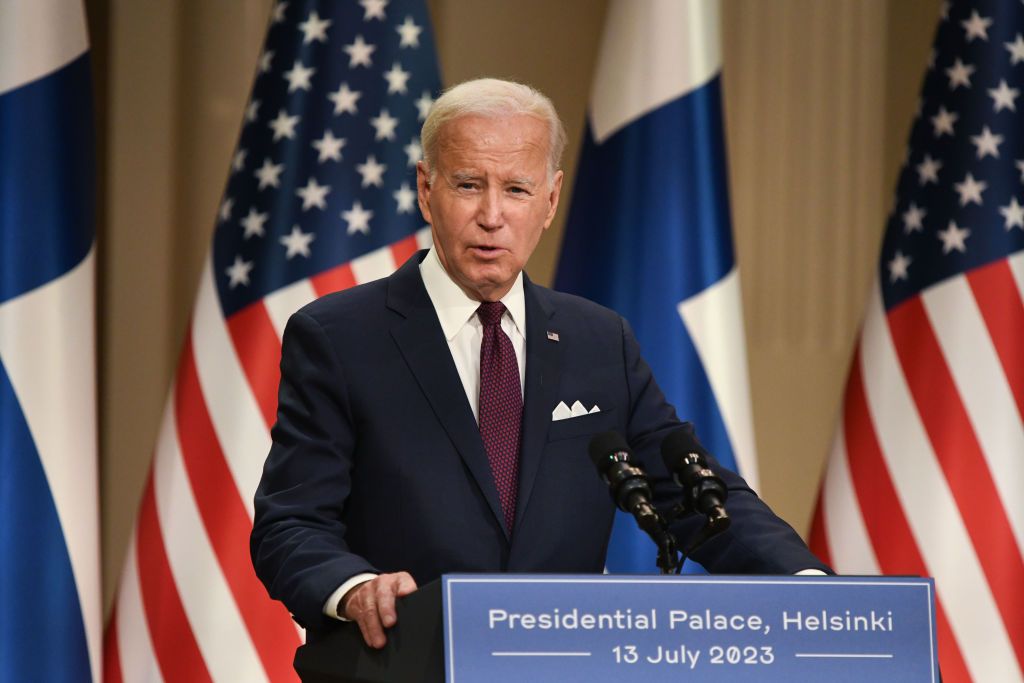Washington Post: Ukraine deploys cluster munitions against Russian forces

Ukraine has already begun using U.S.-supplied cluster munitions against Russian forces, the Washington Post reported on July 20, citing Ukrainian officials.
The weaponry has been deployed in Ukraine's southeast and is expected to be used against Russian positions near the occupied city of Bakhmut, the outlet wrote.
According to a Ukrainian official, Kyiv troops fired cluster munitions against Russian positions to break up the trenches slowing down Ukrainian advances.
Washington announced the provision of the Dual-purpose improved conventional munition (DPICM) on July 7 to bolster Ukraine's counteroffensive. The move has proved controversial due to humanitarian concerns associated with the use of cluster munitions.
Upon explosion, a projectile disperses smaller bomblets across a large area, which can fail to detonate upon impact and present harm to civilians when hostilities are already over. According to U.S. officials, the munitions that Ukraine received have a fail rate of no more than 2.5%, compared to 30-40% in Russia's case.
Over 120 countries banned using, developing, producing, acquiring, stockpiling, or transferring cluster munitions in the 2010 convention. Ukraine, the U.S., and Russia are not signatories to the convention.
On July 13, the Ukrainian military confirmed it has received its first cluster munitions shipments, stressing they will be used only against concentrated Russian positions and not in densely populated areas or cities nor on Russian territory.
The Kremlin threatened to deploy its cluster munitions stockpiles in retaliation if they are used by Ukraine on the battlefield. However, Ukrainian officials and human rights groups said that Russian forces have already deployed the munitions several times against civilian targets.











